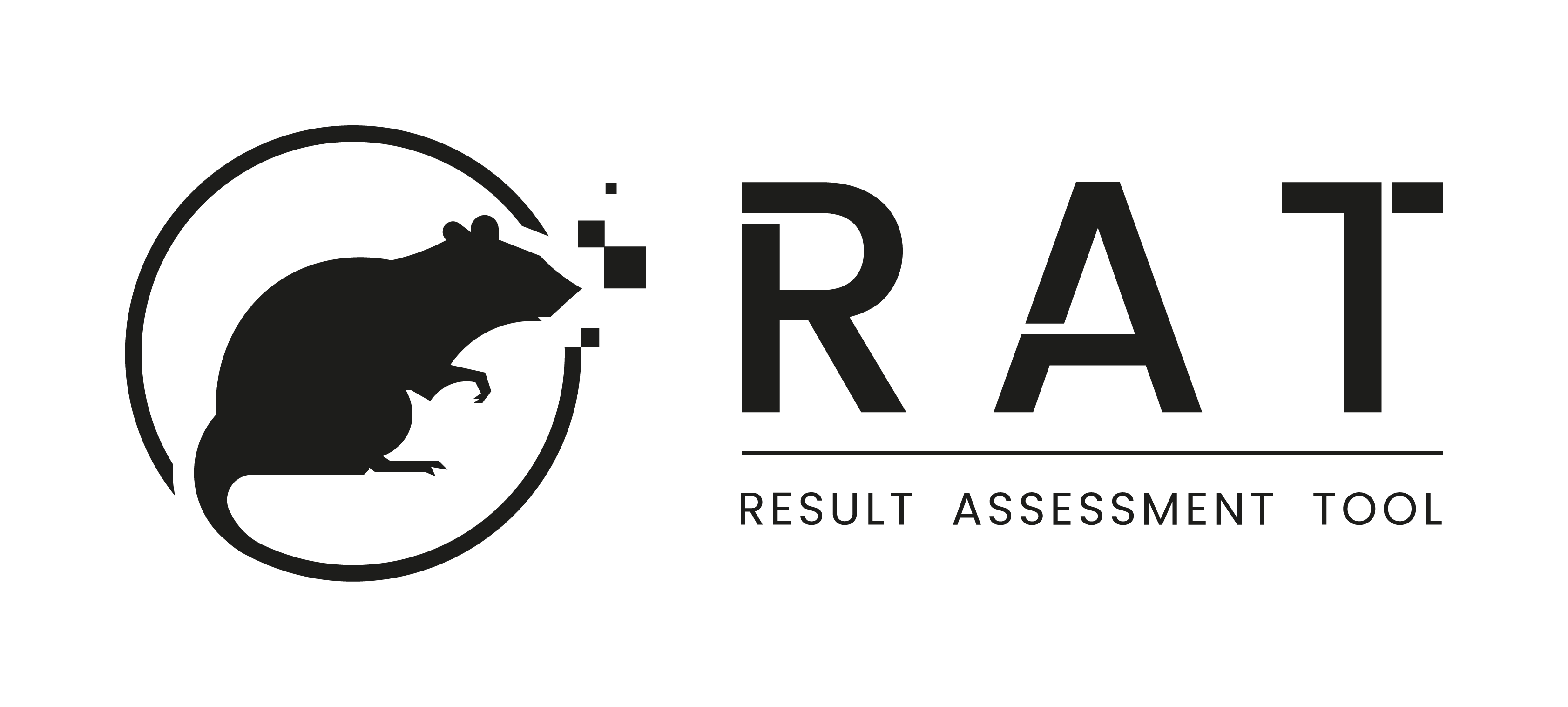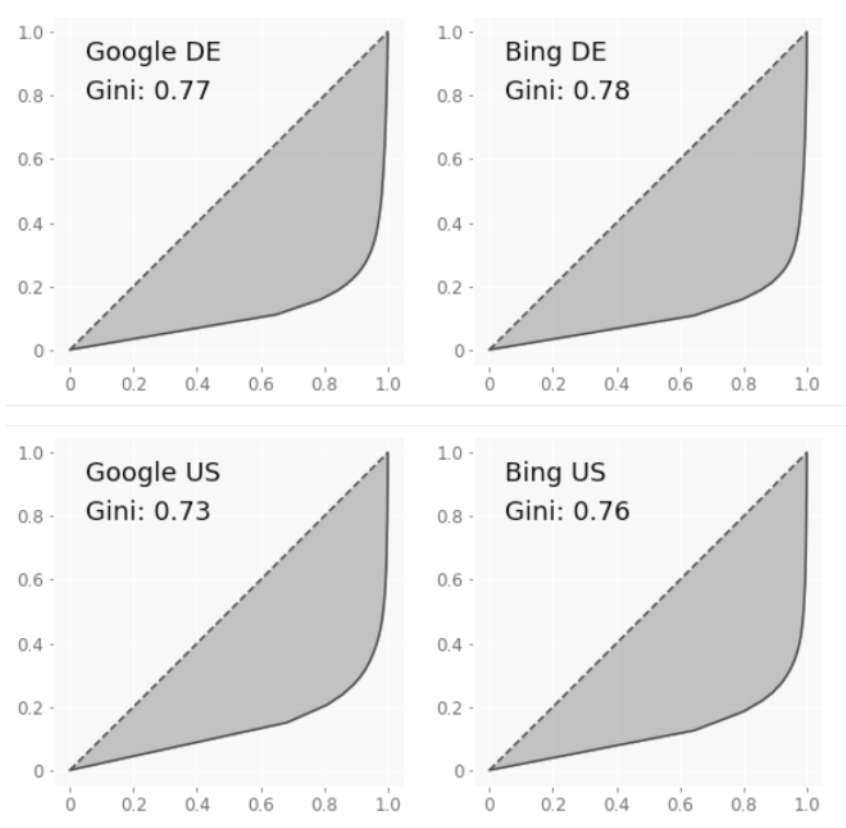A Comparison of Source Distribution and Result Overlap in Web Search Engines

This study investigated the overlap of four search engines (Google, Bing, DuckDuckGo, and Metager), in Germany and the US.
RAT was used to collect more than 200,000 results and to compute the overlap between the search engines.
Abstract
When it comes to search engines, users generally prefer Google. Our study aims to find the differences between the results found in Google compared to other search engines. We compared the top 10 results from Google, Bing, DuckDuckGo, and Metager, using 3,537 queries generated from Google Trends from Germany and the US. Google displays more unique domains in the top results than its competitors. Wikipedia and news websites are the most popular sources overall. With some top sources dominating search results, the distribution of domains is also consistent across all search engines. The overlap between Google and Bing is always under 32%, while Metager has a higher overlap with Bing than DuckDuckGo, going up to 78%. This study shows that the use of another search engine, especially in addition to Google, provides a wider variety in sources and might lead the user to find new perspectives.

RAT functionality used
Scrapers: Google (DE), Bing (DE), DuckDuckGo (DE), Metager (DE), Google (US), Bing (US), DuckDuckGo (US), Metager (US)
Data analysis: Overlap analysis
Publications and presentations
Conference paper
Yagci, N.; Sünkler, S.; Häußler, H.; Lewandowski, D. (2022). A Comparison of Source Distribution and Result Overlap in Web Search Engines. Proceedings of the Association for Information Science and Technology, 59(1), 346-357. https://doi.org/10.1002/pra2.758
Poster
Poster at the RAT Community Meeting 2023: https://searchstudies.org/wp-content/uploads/2023/11/poster-overlap.pdf
Video

